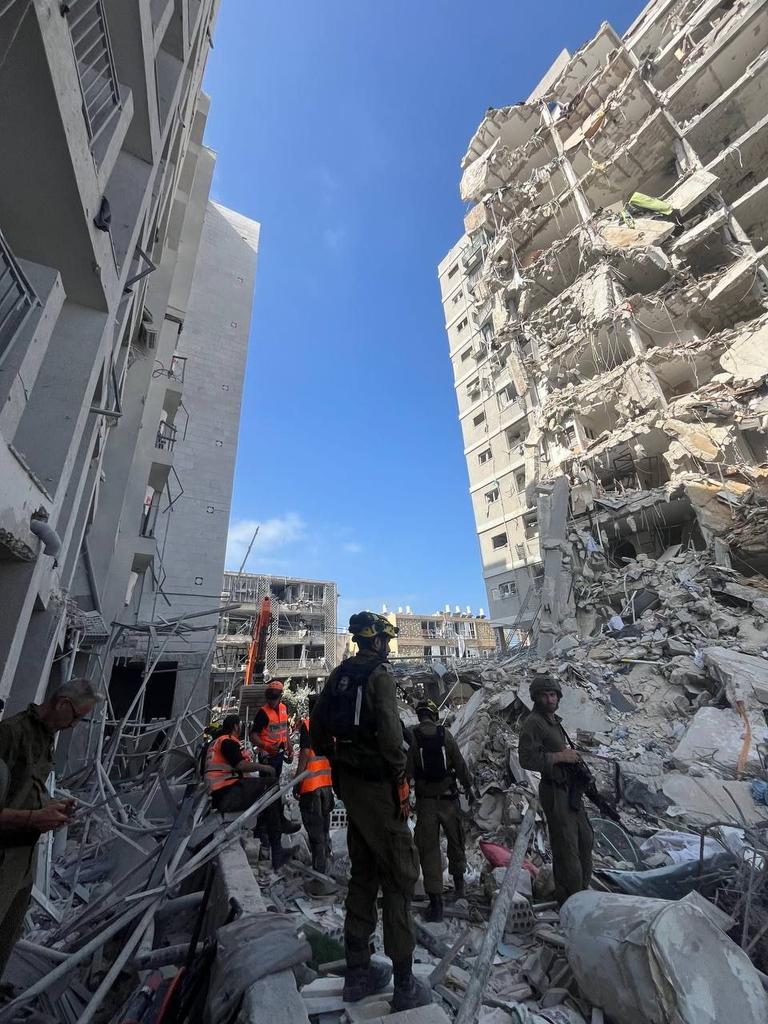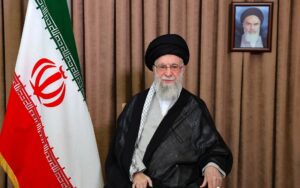This content is restricted to site members. If you are an existing user, please log in. New users may register below.
The Stamina of Nations: Iran’s War of Endurance and Israel’s Dilemma

Reading Time: 4 minutes “The euphoria was short-lived,” wrote Israeli security and military affairs expert Yossi Melman in a rare moment of self-reflection, as the Israeli public absorbs the psychological and material costs of a spiralling conflict with Iran. When the Israeli government authorised its pre-emptive strikes on Iranian targets earlier this month, it was presented to the public as a necessary step to prevent what Prime Minister Netanyahu described as an “existential threat.” Initial public unity and support for the strikes echoed the past rallied behind the flag, confident in the prowess of the Israel Defence Forces (IDF), and trusting in Israel’s unparalleled intelligence networks. But as Iranian missiles struck deep into the Israeli heartland, hitting strategic sites like the Rafael Advanced Defense Systems facility and causing civilian casualties and structural damage unseen in decades, questions began to surface. In a brutally honest reflection, Melman warned that Israel may

